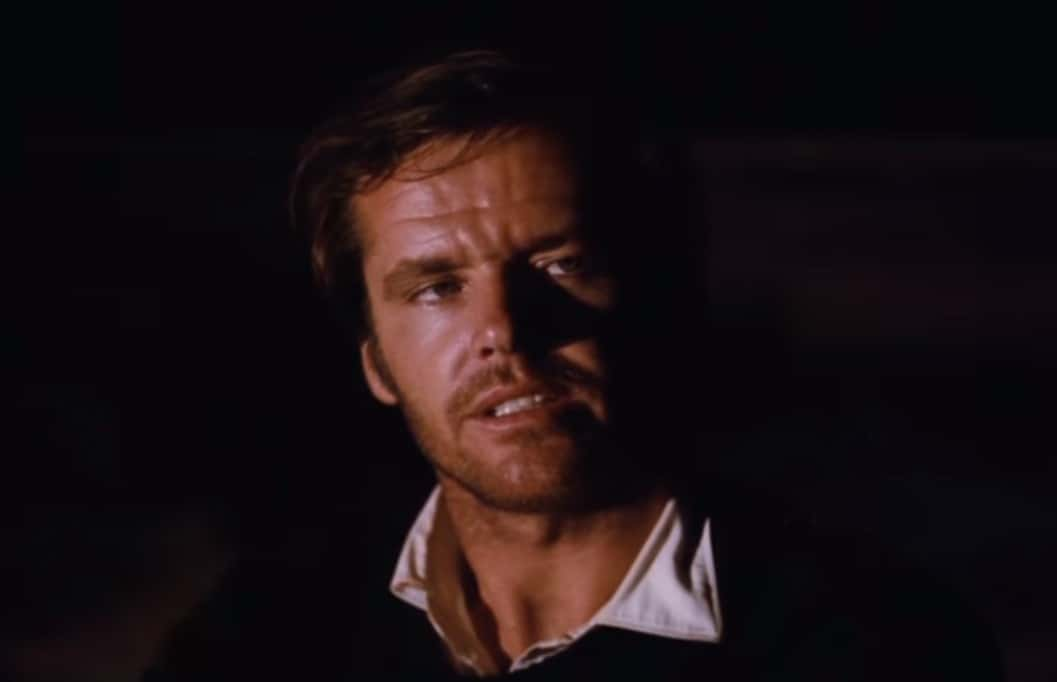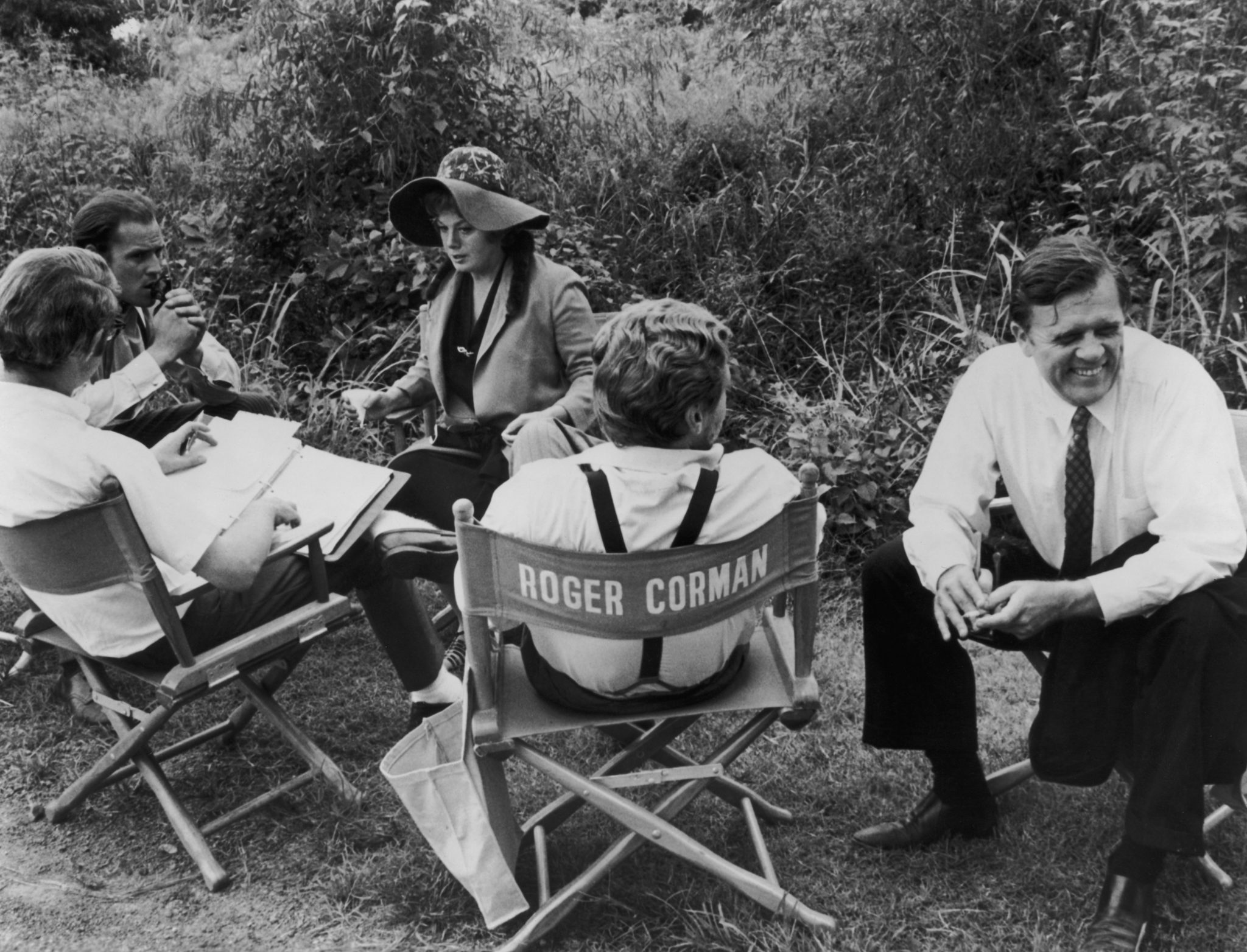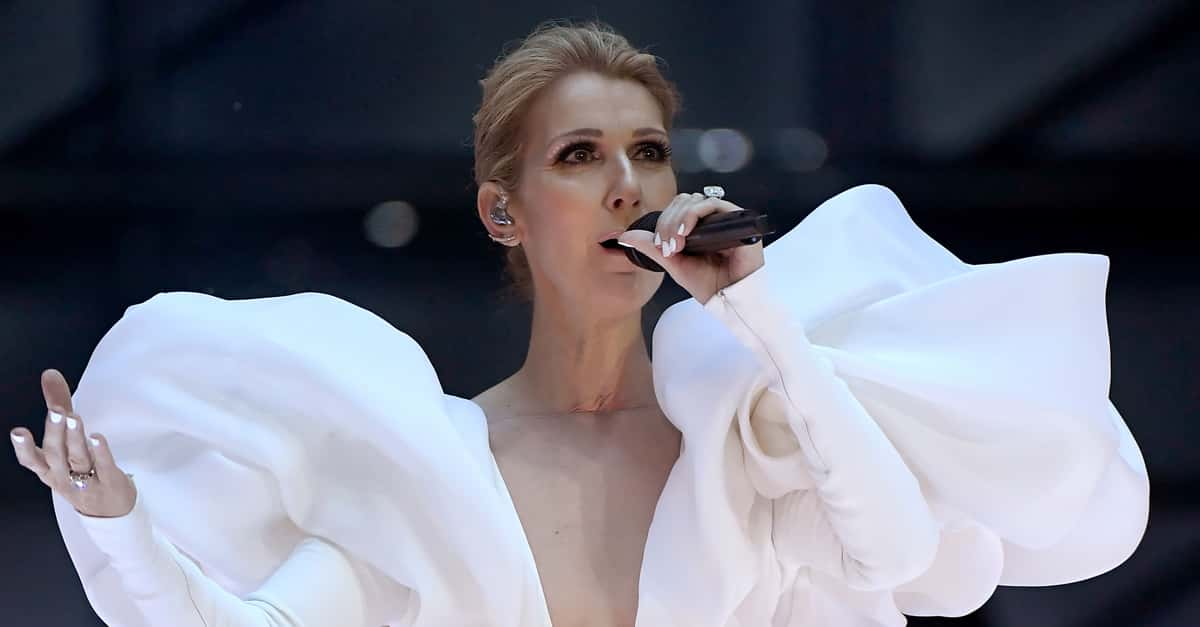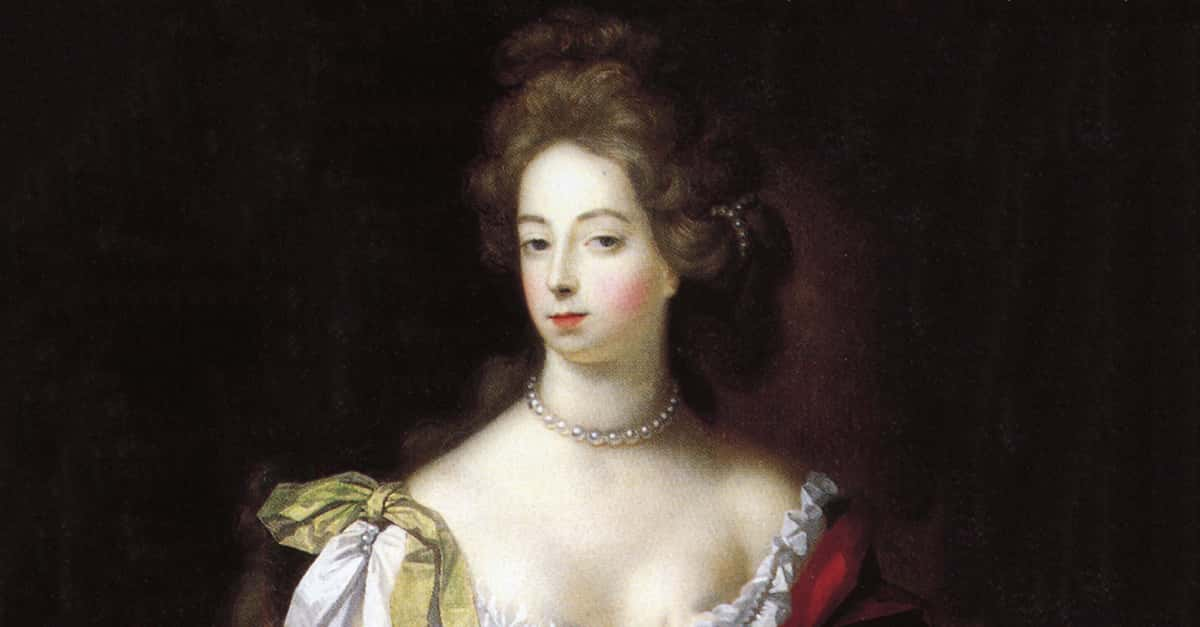Modern Hollywood wouldn't exist without Roger Corman, director of such prestigious fare as Attack of the Crab Monsters, She Gods of Shark Reef, and X: The Man with the X-Ray Eyes. Haven't seen them? Well, to be honest: They're...not great. But without Corman and his B-movies, we wouldn't have Martin Scorsese, Francis Ford Coppola, James Cameron, and many more of modern cinema's greatest legends.
So, how did we go from crab monsters to Don Corleone? Because the so-called Corman Film School was where you went if you wanted to start working in movies and no one else would give you a shot.
Go Your Own Way
Roger Corman knew what it was like to start at the bottom. His first gig in show business was in the mail room at 20th Century Fox. Not exactly the most creatively fulfilling position, but it was a start. He eventually wormed his way into a job as a story reader—but he didn't find working in film to be what he'd hoped for.
Corman finally found himself pitching story ideas and working on actual movies, but when they came out, the studio gave him zero credit. That's when he decided he was going to go his own way. By 1954, after taking odd jobs where he could find them, he'd earned enough money to produce his own film: Monster from the Ocean Floor.
Turning A Profit
Corman had no misconceptions about the quality of the work, but he knew that he could make a genre movie on the cheap and still turn a profit. And he was right. The meager success of the film led to another, then another. Soon, Corman was directing his own work. He wasn't winning Oscars, and critics rarely sang his praises, but he was making money, and it allowed him to keep working. For Roger Corman, that was enough.
As Corman started producing his own movies more, he showed a knack for finding young talent. In Machine-Gun Kelly, he gave Charles Bronson his first starring role. He did something similar in The Cry Baby Killer, casting a complete unknown by the name of Jack Nicholson.
Throughout the 1960s, Corman continued directing, helping to jumpstart both the psychedelic and biker movie crazes. In this era, he kept working with Nicholson, he hired film critic and future-Best Picture winner Peter Bogdanovich as his assistant, and he reinvented Peter Fonda as a counterculture icon. But it was the 1970s when Corman really began to shape the future of Hollywood.
 Easy Rider (1969), Columbia Pictures
Easy Rider (1969), Columbia Pictures
A New World
In 1970, Roger Corman founded New World Pictures. On the one hand, New World distributed many foreign films that never would have seen screens in North America. Corman saw films by Ingmar Bergman, Francois Truffaut, Peter Weir, Federico Fellini, Akira Kurosawa, and many more introduced to American audiences. But New World was a coin with two sides—and the other side was pure, unfiltered schlock.
By the 70s, Corman had given up on all pretenses of respectability. Like in the beginning, he made movies on the cheap that he knew he could sell. But the pictures he made pale in comparison to what is now dubbed "The Corman Film School." Corman worked fast, he worked cheap, and if you were trying to get your start in Hollywood, you could find a job on one of his movies.

Sign up to our newsletter.
History’s most fascinating stories and darkest secrets, delivered to your inbox daily. Making distraction rewarding since 2017.
He'll Give You A Shot
When Ron Howard tried to start directing movies, no one wanted to give the kid who played Opie a shot—but Roger Corman did. Corman cast him in a B-movie called Eat My Dust. When the film made money, Corman let Howard direct the sequel, Grand Theft Auto. After giving Howard a one-morning crash course in directing, Corman told him, "If you do a good job on this film, you'll never have to work for me again."
That was the ethos of the Corman Film School. Start here, learn while making junk, then go off and make "real" movies.
 American Graffiti (1973), Universal Pictures
American Graffiti (1973), Universal Pictures
The Corman Film School
Corman's films may have been trashy, but the people he mentored so often went on to much bigger and better things. A short list of the directors whom he gave a shot includes Francis Ford Coppola (The Godfather), Martin Scorsese (Goodfellas), Jonathan Demme (The Silence Of The Lambs), Joe Dante (Gremlins), and James Cameron (Avatar: The Way Of Water).
Some of the actors who worked with Corman early in their careers? Bruce Dern, Charles Bronson, Todd Field, Michael McDonald, Dennis Hopper, Tommy Lee Jones, Talia Shire, Sandra Bullock, Robert De Niro, Bill Paxton, and David Carradine.
So maybe Roger Corman wasn't the greatest artist to ever stand behind a film camera. He won few awards, and few of his movies had a great cultural impact. But his enthusiasm, his work ethic, his positivity, and his belief in young creatives created the Hollywood that we know today.











